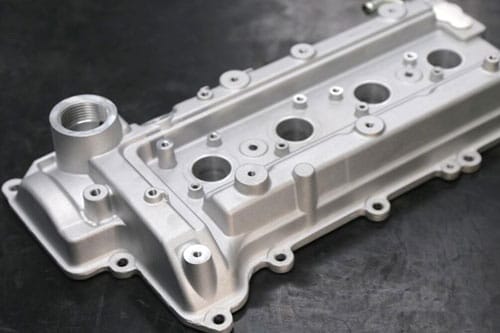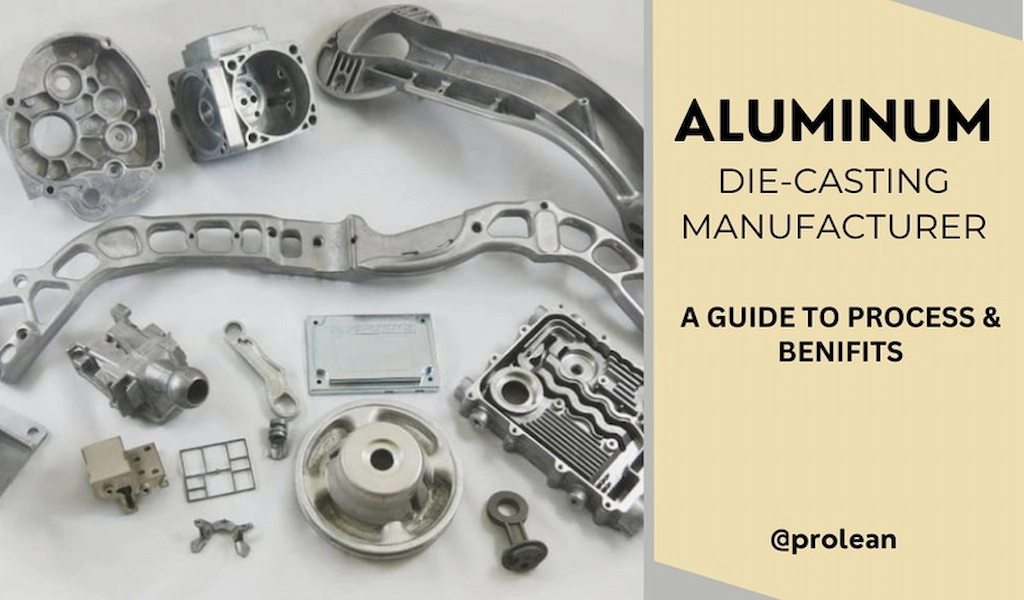Comprehending the Role of Aluminum Foundry in Creating High-Quality Steel Products
Aluminum shops are important in the manufacturing of high-quality steel products. They employ different casting techniques, such as sand and die casting, to attain precision and durability. With rigorous quality control procedures in position, these centers guarantee that their items fulfill market criteria. As sectors develop, the role of Aluminum foundries remains to adjust. This questions about future developments and sustainability techniques that may redefine their influence.
The Aluminum Casting Process: Developments and methods
The Aluminum casting process has actually evolved substantially, integrating numerous strategies and technologies that enhance efficiency and product high quality. Traditionally, approaches such as sand spreading and die casting were primary; nonetheless, improvements have actually introduced processes like investment spreading and low-pressure die spreading. These innovations enable makers to accomplish detailed designs and tighter tolerances, minimizing product waste and improving overall efficiency.
Additionally, the assimilation of computer-aided style (CAD) and simulation software program allows for even more exact modeling and testing, making sure that prospective concerns are determined early in the manufacturing cycle. Additionally, developments in alloy formulations lead to enhanced mechanical homes and rust resistance
These developments not only improve manufacturing but additionally promote sustainability by reducing energy usage and emissions. As the industry continues to welcome brand-new innovations, the Aluminum spreading process continues to be a crucial element in creating top quality steel items that satisfy varied market needs.
Applications of Aluminum in Various Industries
Light weight aluminum's versatility and desirable buildings make it a valuable product across various industries. In the vehicle field, Aluminum is widely used for its lightweight features, adding to enhanced gas efficiency and performance. The aerospace industry additionally advantages, as light weight aluminum's high strength-to-weight proportion enhances airplane style while keeping security criteria.
In construction, Aluminum is preferred for its resilience and resistance to corrosion, making it optimal for window frames, roof, and structural components. The product packaging sector leverages aluminum's safe nature and recyclability, especially in food and beverage containers, ensuring safety and sustainability.
Furthermore, the electric sector employs Aluminum for its exceptional conductivity in electrical wiring and transmission lines. The customer products industry utilizes Aluminum in items varying from kitchen area utensils to electronic devices, highlighting its adaptability. Aluminum plays an essential role in improving functionality, efficiency, and sustainability across diverse applications.
Advantages of Making Use Of Aluminum Over Other Steels
While numerous steels are employed in numerous applications, Aluminum sticks out due to its distinct combination of residential or commercial properties that supply several benefits over other materials. Its light-weight nature greatly lowers transportation costs and energy intake, making it optimal for sectors such as auto and aerospace. Light weight aluminum's superb corrosion resistance boosts durability, prolonging the life of products and minimizing upkeep requirements. In addition, it displays high thermal and electrical conductivity, making it appropriate for electrical and thermal management applications.
The steel's malleability permits complicated forms and intricate styles, providing flexibility in making procedures. Additionally, Aluminum is 100% recyclable without loss of high quality, promoting sustainability and lowering ecological effect. Wisconsin Aluminum Foundry. These features, integrated with its reasonably low cost compared to various other metals, setting Aluminum as a recommended choice throughout numerous sectors. Generally, the advantages of Aluminum add to its enhancing popularity in the production of top notch steel items

Quality Control Measures in Aluminum Foundries
Quality assurance measures play a crucial role in the Aluminum Foundry process, guaranteeing that the final items meet strenuous sector criteria and consumer assumptions. These actions commonly begin with material evaluation, where raw Aluminum is evaluated for purity and composition. Once the spreading procedure starts, temperature level control is crucial; maintaining optimal molten steel temperatures stops flaws such as porosity and shrinking.
Additionally, non-destructive screening (NDT) strategies, consisting of ultrasonic and radiographic evaluations, are utilized to spot internal flaws without damaging the castings. Aesthetic assessments are also conducted at numerous stages to identify surface area imperfections.
Adherence to established quality monitoring systems, such as ISO requirements, is crucial for keeping consistency and traceability throughout the production procedure. Routine audits and staff member training on quality standards add to a general culture of excellence, guaranteeing that the items not only meet however go beyond customer assumptions in efficiency and toughness.
The Future of Aluminum Foundries: Trends and Sustainability
As the Aluminum Foundry market evolves, emerging fads and an emphasis on my website sustainability are improving its landscape. Enhancing demand for sturdy and light-weight materials in industries like automotive and aerospace drives innovation in Aluminum view it now casting methods. Advanced technologies, such as fabricated intelligence and automation, are improving production effectiveness and accuracy while minimizing waste.
Sustainability is becoming an extremely important worry, motivating foundries to carry out environmentally friendly techniques, consisting of recycling Aluminum scrap and utilizing renewable resource sources. The shift towards circular economic climate principles urges foundries to minimize environmental impact while fulfilling consumer assumptions for lasting items.
Additionally, regulatory stress are pushing the industry in the direction of cleaner operations, promoting collaboration in between producers and environmental organizations. As these trends merge, the future of Aluminum shops will likely be identified by a dedication to quality, sustainability, and effectiveness, guaranteeing their significance in a competitive market.
Regularly Asked Questions
What Are the Ecological Impacts of Aluminum Foundries?
Light weight aluminum foundries add to environmental influences via energy consumption, greenhouse gas emissions, and potential air and water contamination. In addition, mining bauxite for Aluminum can bring about environment destruction and dirt degradation, influencing neighborhood communities.

Exactly How Do Foundries Ensure Employee Security Throughout Manufacturing?
Foundries carry out strenuous safety and security protocols, including protective tools, ventilation systems, and normal training. They conduct threat analyses and preserve security requirements to reduce risks, making sure a safer working setting for staff members throughout the manufacturing process.
What Certifications Should an Aluminum Foundry Have?
A light weight aluminum Foundry need to have accreditations such as ISO 9001 for top quality monitoring, ISO 14001 for environmental administration, and OSHA compliance for safety and security standards. These accreditations guarantee adherence to industry regulations and commitment to quality and safety and security techniques.
Just How Does Aluminum Recycling Affect Foundry Procedures?
Aluminum reusing considerably enhances visit this website Foundry procedures by giving an economical raw material resource, reducing power usage, and decreasing ecological effect - Aluminum Foundry. It likewise motivates sustainable practices, allowing foundries to maintain competitiveness in a rapidly evolving market
What Prevail Problems in Aluminum Castings?
Common issues in Aluminum spreadings include porosity, contraction, additions, and surface imperfections. These problems can develop from improper mold design, inadequate putting strategies, or contamination throughout the melting and spreading processes, impacting overall product high quality.
